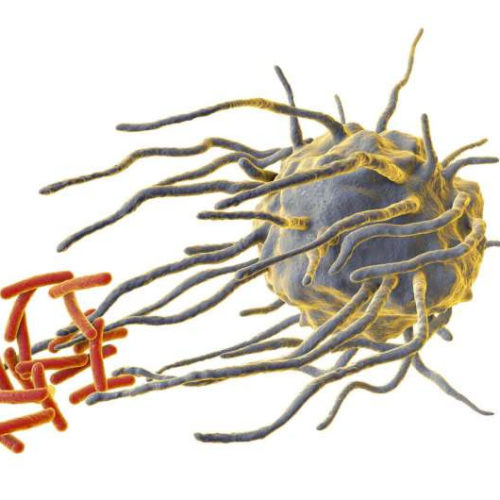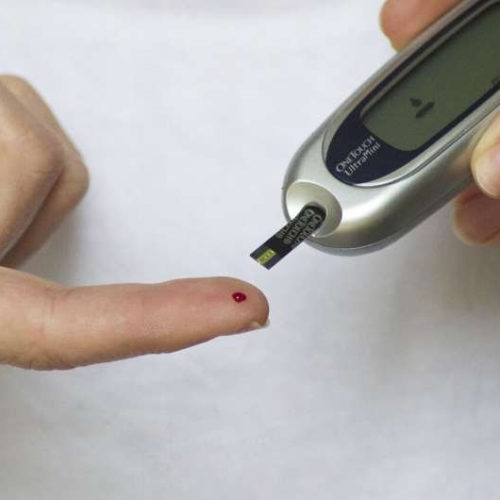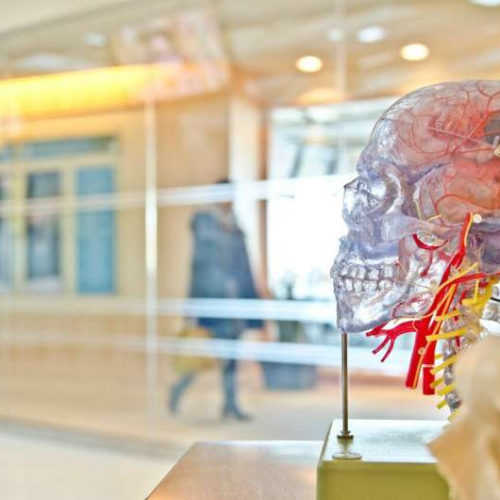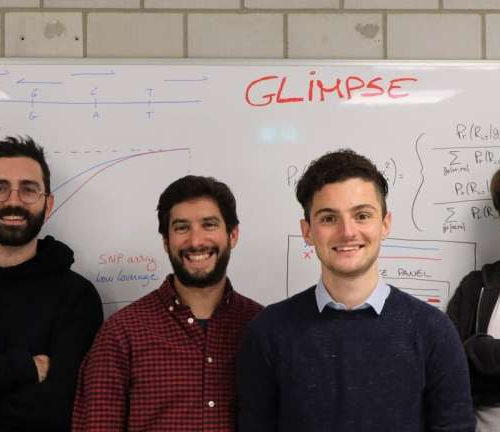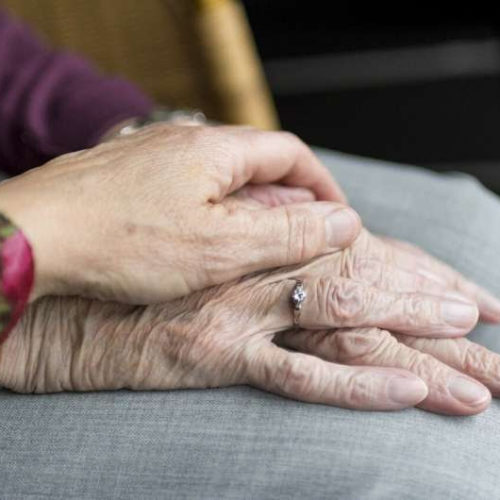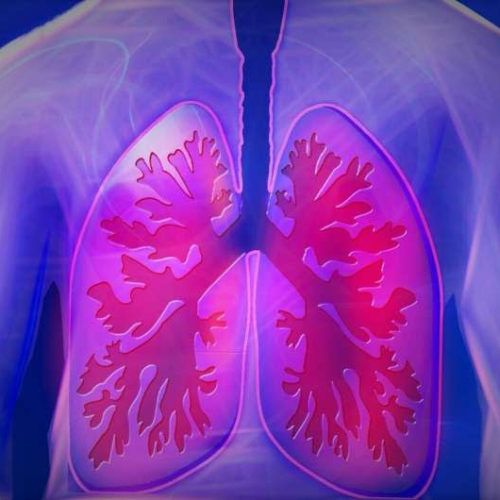RUHR-UNIVERSITY BOCHUM Research into the neuronal basis of emotion processing has so far mostly taken place in the laboratory, i.e. in unrealistic conditions. Bochum-based biopsychologists have now studied couples in more natural conditions. Using electroencephalography (EEG), they recorded the brain activity of romantic couples at home while they cuddled, kissed or talked about happy memories together....
Temple researchers identify cardiac protein that causes different types of heart failure
TEMPLE UNIVERSITY HEALTH SYSTEM (Philadelphia, PA) – Like a failing fuel pump that causes a loss of engine power in a car, a diseased heart can take a serious toll on the body’s performance. For some patients, tasks like walking up a flight of stairs or walking across a room eventually turn into exhausting endeavors....
Immune system killer cells controlled by circadian rhythms
by Rensselaer Polytechnic Institute Macrophages, the killer cells of our immune system, are controlled by circadian rhythms, but the timing appears to rely upon an unexpected influence. Credit: Rensselaer Polytechnic Institute An analysis of an exhaustive dataset on cells essential to the mammalian immune system shows that our ability to fight disease may rely more heavily...
Metabolism may play role in recurrent major depression
by University of California – San Diego Credit: CC0 Public Domain Researchers at University of California San Diego School of Medicine, in collaboration with Dutch scientists, have found that certain metabolites—small molecules produced by the process of metabolism—may be predictive indicators for persons at risk for recurrent major depressive disorder. The findings were published in the January...
Early research shows promise for therapeutics that delay type 2 diabetes
by Marissa Shapiro, Vanderbilt University Credit: CC0 Public Domain Vanderbilt researchers have discovered a unique pathway that initiates islet β cell inflammation—a hallmark of type 2 diabetes—putting them a step closer to developing targeted therapeutics for the disease that affects one in 10 Americans. The article, “RIPK3-mediated inflammation is a conserved β-cell response to ER stress” was published...
New studies support blood test for early detection of Alzheimer’s disease
by University of Gothenburg Credit: Unsplash/CC0 Public Domain In three recent publications in Molecular Psychiatry, Brain and JAMA Neurology researchers from the University of Gothenburg provide convincing evidence that an in-house developed blood test for Alzheimer’s disease can detect the disease early and track its course, which has major implications for a potential use in clinical practice and treatment trials. “This is...
Inferring human genomes at a fraction of the cost promises to boost biomedical research
by Swiss Institute of Bioinformatics From left to right: Robin Hofmeister, Diogo Ribeiro, Simone Rubinacci and Olivier Delaneau Credit: Delaneau Group Thousands of genetic markers have already been robustly associated with complex human traits, such as Alzheimer’s disease, cancer, obesity, or height. To discover these associations, researchers need to compare the genomes of many individuals at millions of...
Scientists discover key enzyme responsible for skin blistering in the elderly
by University of British Columbia Credit: Pixabay/CC0 Public Domain The Granzyme B (GzmB) enzyme, which accumulates in certain tissues as we age, has been identified as a driver of itchy and sometimes life-threatening autoimmune conditions known as pemphigoid diseases (PDs), which cause blistering and skin erosion below the skin’s surface. New research led by University of British Columbia...
Scientists reverse deadly impacts of asthma in mice
by CU Anschutz Medical Campus Credit: CC0 Public Domain Mucus in the lungs can be fatal for asthma patients, but scientists at the University of Colorado Anschutz Medical Campus have broken up those secretions at the molecular level and reversed their often deadly impacts. In a study published Monday in the journal Nature Communications, the researchers explained how they...
WHY HAS THE US COVID-19 VACCINE ROLL OUT BEEN SO SLOW?
POSTED BY SARALYN CRUICKSHANK-JOHNS HOPKINS COVID-19 vaccines have been the subject of speculation and anticipation for months—so why hasn’t the US made more progress on vaccination? It’s been three weeks since the COVID-19 vaccines began arriving at hospitals, clinics, and pharmacies. Operation Warp Speed—the US vaccination development, testing, and distribution effort—had made 20 million vaccine...

